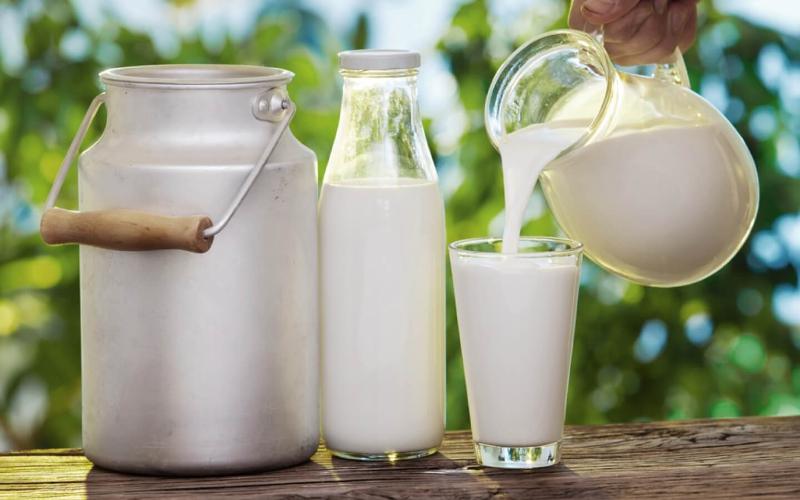Amul Dairy Election: Secret BJP-Congress Deal

The details of the reported pact reveal a pragmatic political arrangement. According to the article, the agreement ensures that the current chairman, Ramsinh Parmar of the BJP, will retain his position. In a gesture of cooperation, the vice-chairman’s role will be allocated to a leader from the Congress party. This unprecedented move is a stark departure from the typical fierce political rivalries seen in Gujarat and underscores the immense importance both parties place on controlling the Amul cooperative.
The political maneuvering is a direct response to the highly contentious nature of the Amul Dairy union’s elections. The article explains that these elections are often a battleground for regional dominance and political influence. By joining forces, the BJP and Congress aim to avoid a potentially messy and expensive three-way fight, effectively neutralizing other factions and consolidating their control over the cooperative’s board.
This strategic alliance has significant implications for dairy economics and governance. The unified front is expected to provide greater stability and continuity in the leadership of the Amul Dairy union. This is a vital piece of data journalism for the international dairy community, as the decisions made by this cooperative’s board have a ripple effect on milk prices, farmer relations, and market stability in the region.
Ultimately, the article concludes that this political truce reveals the true stakes of dairy cooperative elections in India. The power play is not just about the business of milk; it is a battle for political capital and control over a critical economic engine for the state. The BJP-Congress alliance at Amul Dairy serves as a powerful case study of how politics and agribusiness are inextricably linked at the local level.










